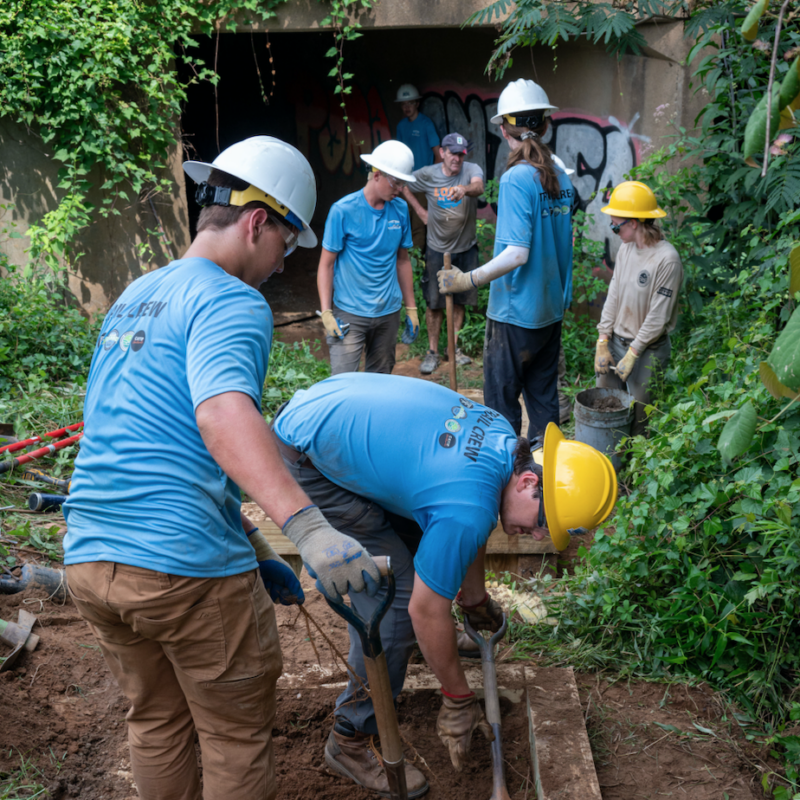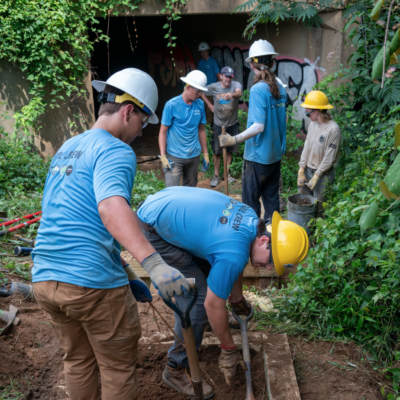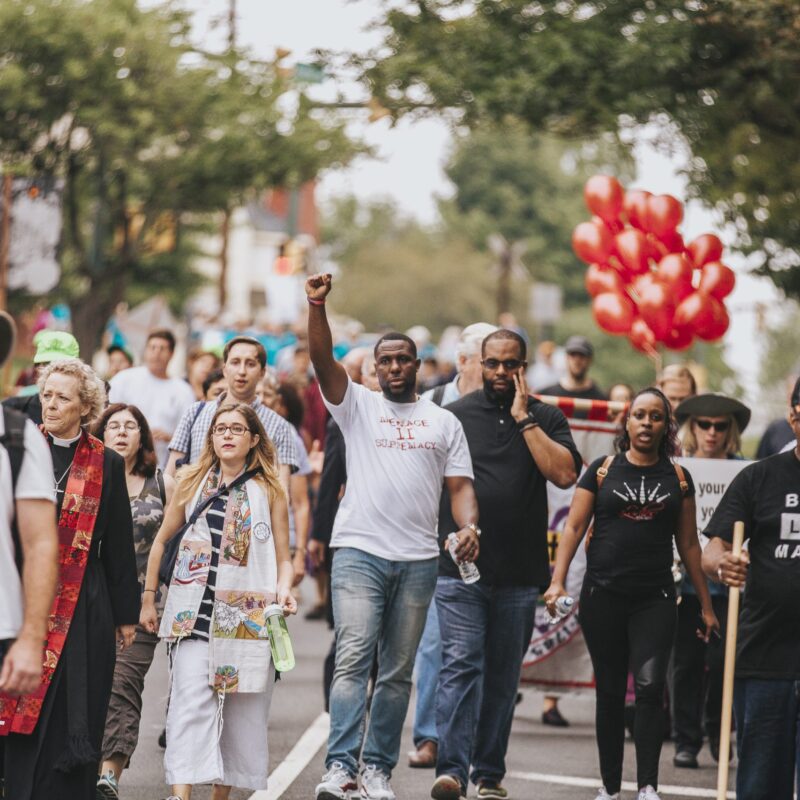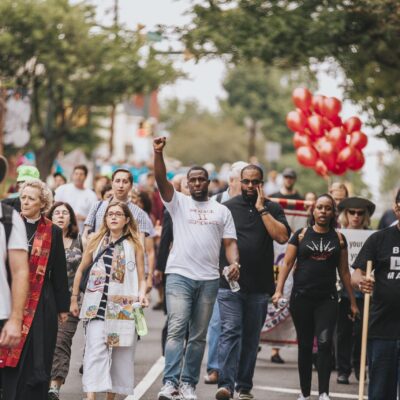|
Alice Anderson is the new executive director of Mental Health America of Charlottesville Albemarle, a local chapter of a national advocacy organization that works to find solutions for those with mental illness. The group is organizing a mental health expo at CitySpace that will take place from 10am to 4pm this Friday, May 25. (Photo by John Robinson) |
Alice Anderson believes that if you want to solve a problem, the first step is shining a light on it.
As the new executive director of the local chapter of Mental Health America, she’s joining others to draw attention to the issue of mental illness in the Charlottesville area and the difficulties sufferers run into when trying to get help. From 10am to 4pm this Friday, May 25, the group will take over CitySpace for a mental health expo that aims to bring the discussion front and center, and offers resources for those seeking treatment for themselves or others.
Anderson, a Presbyterian minister, has been involved in a number of local advocacy organizations since moving to Charlottesville from Washington, D.C. more than five years ago. Her work with the interfaith activist group IMPACT introduced her to MHA of Charlottesville Albemarle, which has been active in the area since the 1940s, and she became the chapter’s director earlier this spring.
Charlottesville has a strong social services network, said Anderson, but there are gaps in the system, especially for those who need help with mental illness.
Compared to inner city Detroit and Washington, D.C., “we’re in great shape when it comes to programming for people who are poor,” Anderson said. And those with severe illness can also often find help. “But we don’t have a lot of services for people who have moderate mental illness who don’t have much income,” she said. Even with health insurance, “the cost of mental health care may be prohibitive.”
There are other barriers too, Anderson said. There are very few minority therapists in Charlottesville, she said, which is a problem. Many people feel far more comfortable seeking help from someone who understands their cultural background, said Anderson, in part because it helps avoid a sense that they’re “betraying the group” or showing weakness.
Raising awareness of these holes is a key step to mending them, said Anderson. At MHA, “we’re trying to find the places where there are gaps in the fabric of services that are available to people, and we try to put pressure in the right places to get things done,” she said.
They also do battle against stigma, a fight that’s been at the core of MHA since its founding in 1909 by a man who suffered abuse at multiple mental health institutions. Public events like the expo are a good way to “normalize” the conversation about mental illness, said Anderson.
To that end, the event is aimed at everyone in the community, not just those thinking about treatment options. All are invited to stroll through vendor exhibits and sit in on presentations, including one that will give attendees a sense of what it’s like for a schizophrenic to hear voices—a revealing experience for anyone who knows or works with someone living with the illness, Anderson said.
There will also be practical, info-based sessions, including a talk on how to create a future directive to help guide care for those who know they might have to be institutionalized, and a chance for a “rapid roundtable” of quick, private interviews with local mental health providers—“like speed dating with therapists,” said Anderson. For a full schedule of the day’s events, visit mha.avenue.org.
Mental illness affects more than just those who suffer from it, Anderson said, and MHA’s approach involves reaching out not only to those with illness, but also their families and care providers. “We try to speak for the needs of all those groups and help them work together to create the best system that can be available for everybody,” she said.
/Alice_Anderson.jpg)





